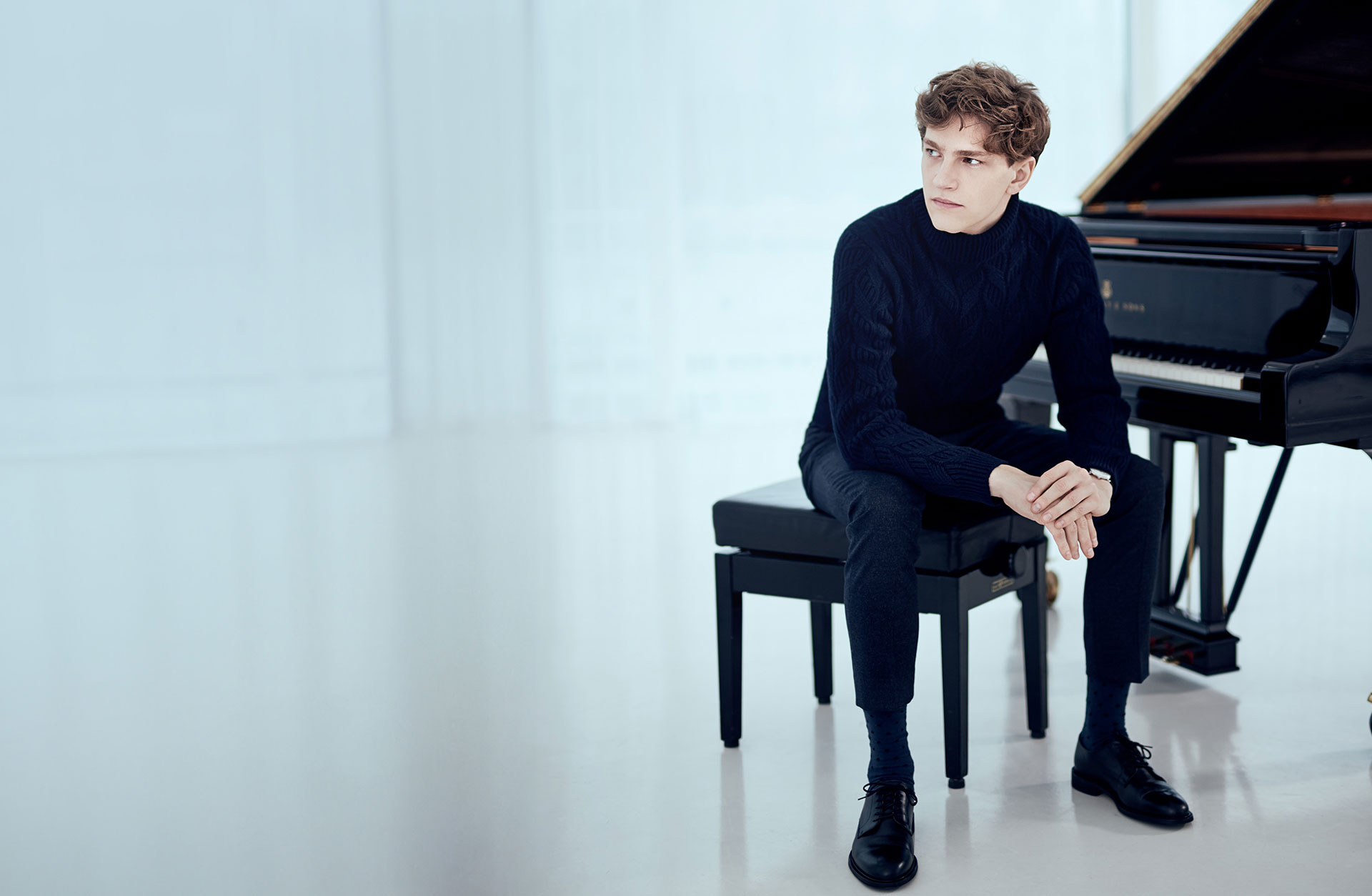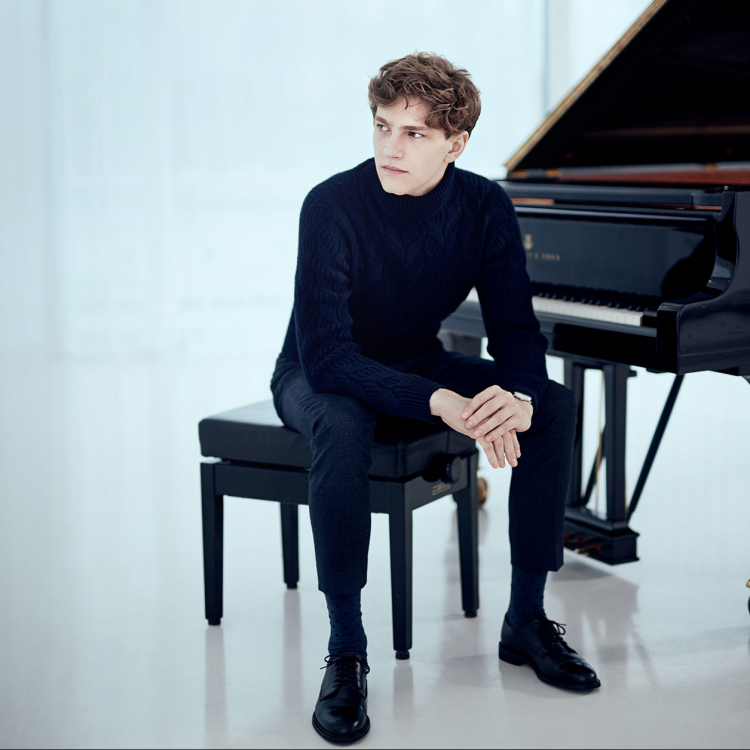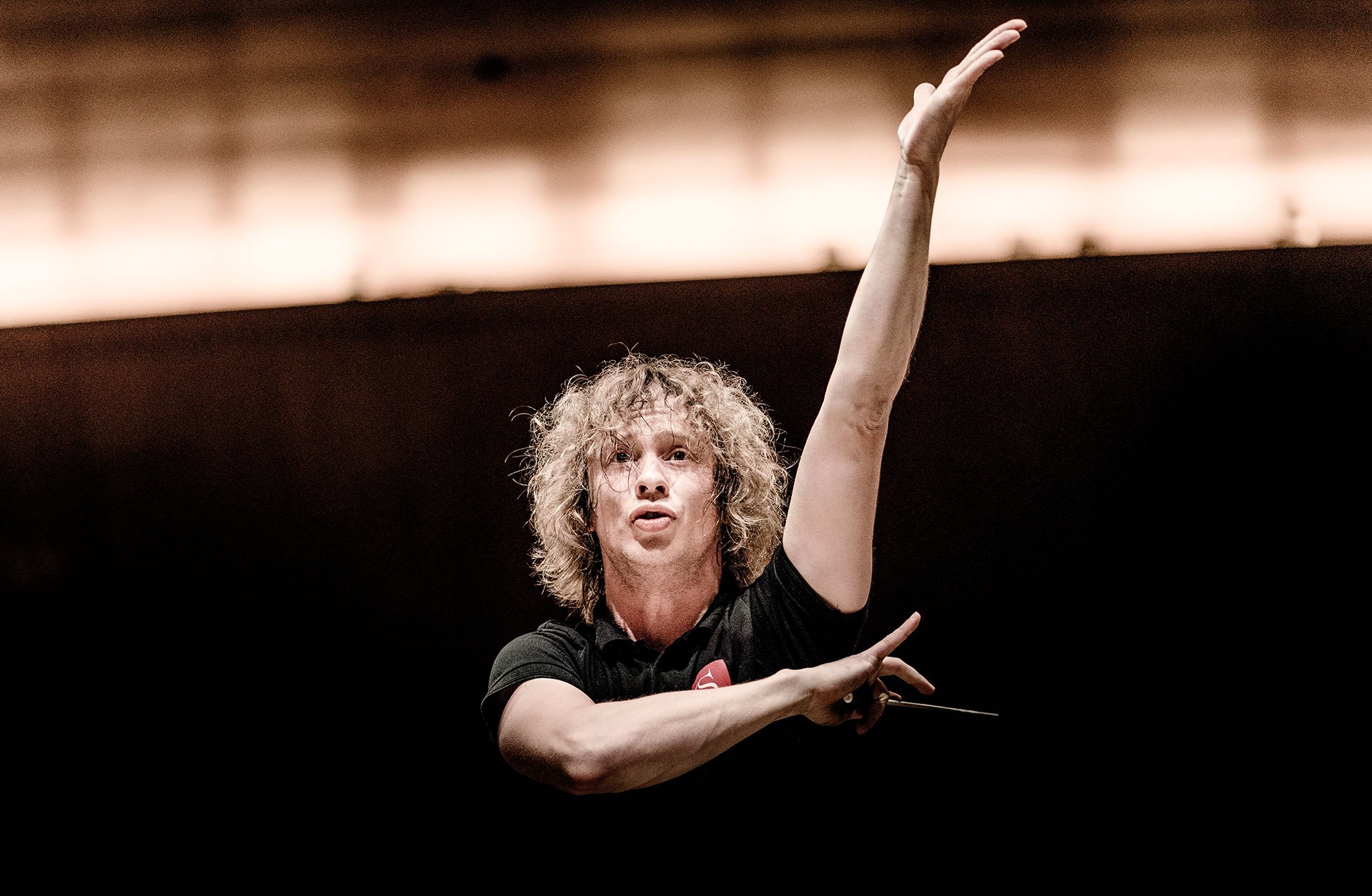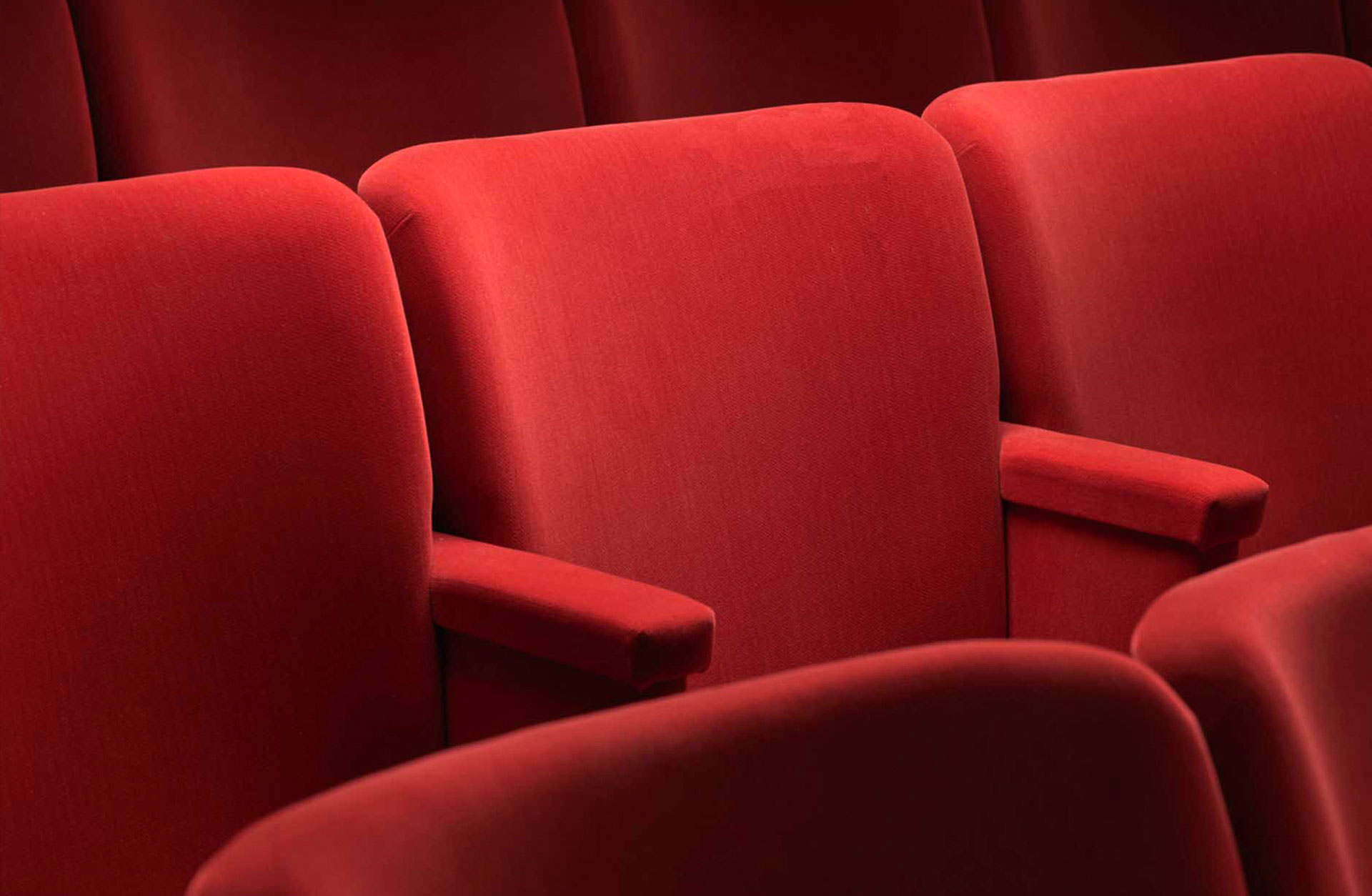Cart
Your cart is empty
Your cart is empty
Press ESC to close the search field



Elegant and virtuosic, with the Gothenburg Symphony Orchestra; Santtu-Matias Rouvali, conductor; and Jan Lisiecki, piano.
Few tickets left!
Chopin’s piano works are unmatched in elegance and richness. The first two piano concertos reflect his delight with Bellini’s operas, particularly Norma, whose ornamentation inspired the adornments of Piano Concerto No. 1. Praised by audiences and critics alike for his lyrically beautiful approach, the young canadian pianist Jan Lisiecki has fully mastered this virtuosic challenge. And it’s a popular comeback – Jan Lisiecki first visited Gothenburg Symphony in 2012 as a 16 year old super talent.
In part two of the concert, we hear Tchaikovsky’s beloved Pathétique, or Symphony No. 6, which has become a bit of a signature piece for Santtu-Matias Rouvali together with the Gothenburg Symphony Orchestra. Our chief conductor showcases the full range of his skillset.

Get to know the music.
Take a seat in the Great Hall one hour before the concert begins and learn more about the music you will soon experience! You will get the stories behind the music, knowledge of the composers and own reflections about the classical pieces. The introduction last for about 30 minutes, it is free and free seating in the hall. Welcome!

Here you will find all the necessary information that you need to know about before your magical visit in the Concert Hall.

Larger bags are not allowed at our venue, and we do not offer storage for them. Please remember to inform the people you’ve purchased tickets for. Allowed bag size: L21 cm x H30 cm x D10 cm.

Invite yourself or someone you like to an experience for all the senses. Welcome to visit the Concert Hall's restaurant or one of our foyer bars.